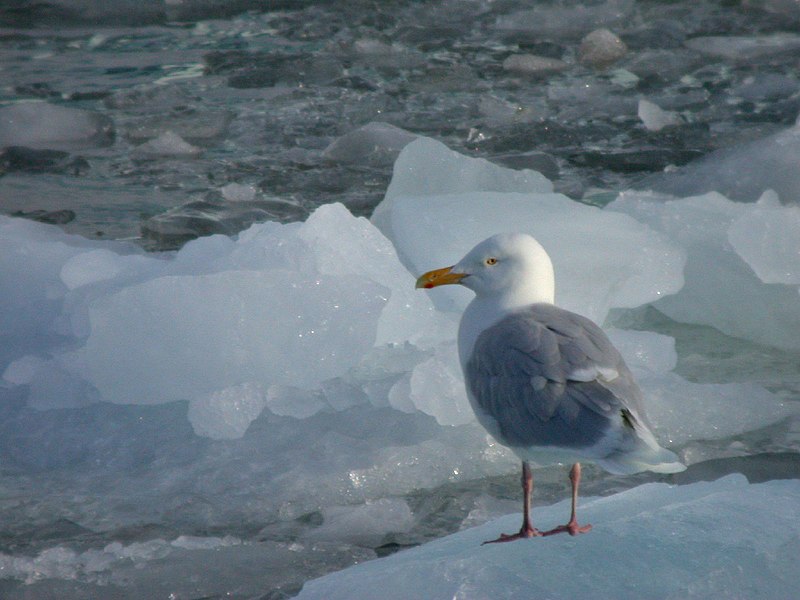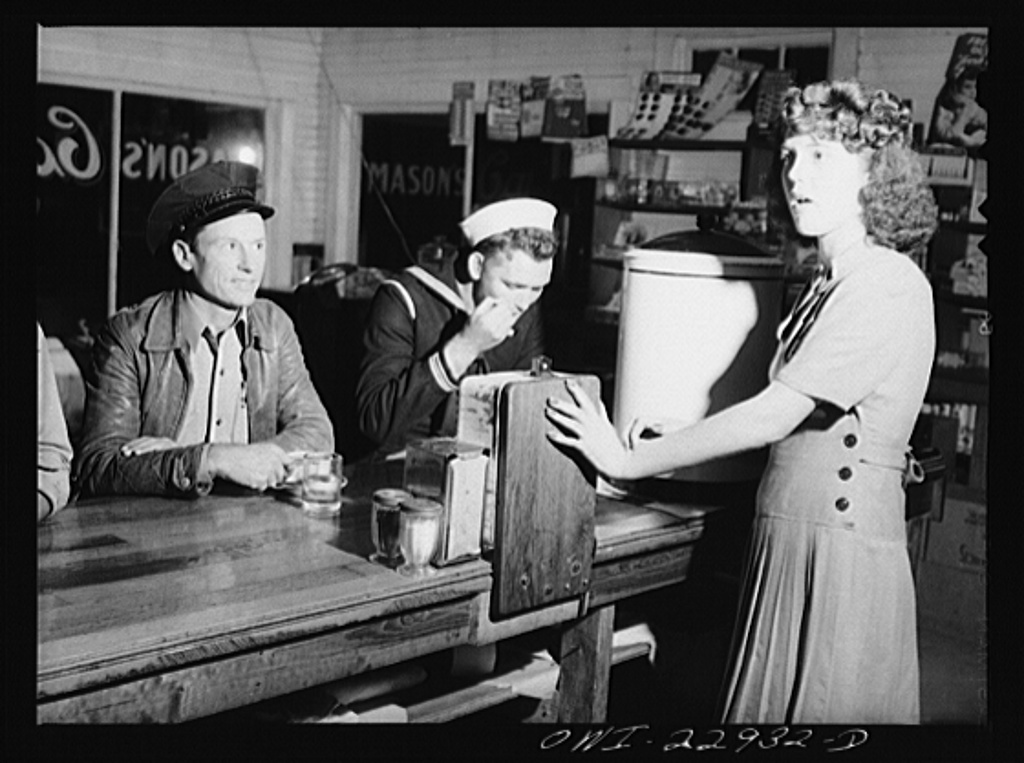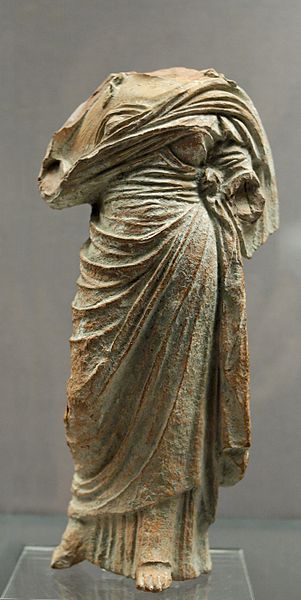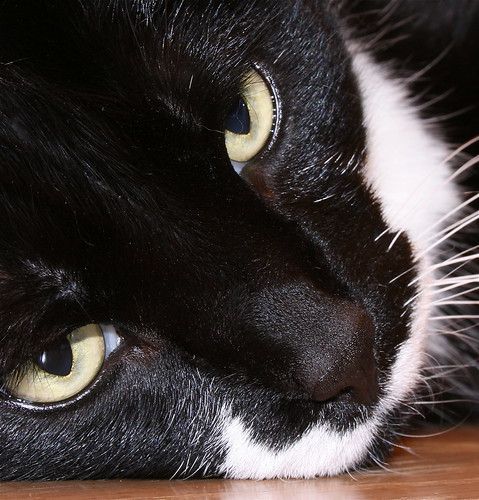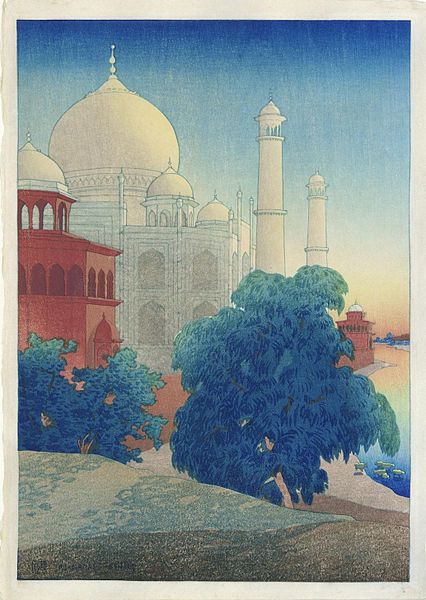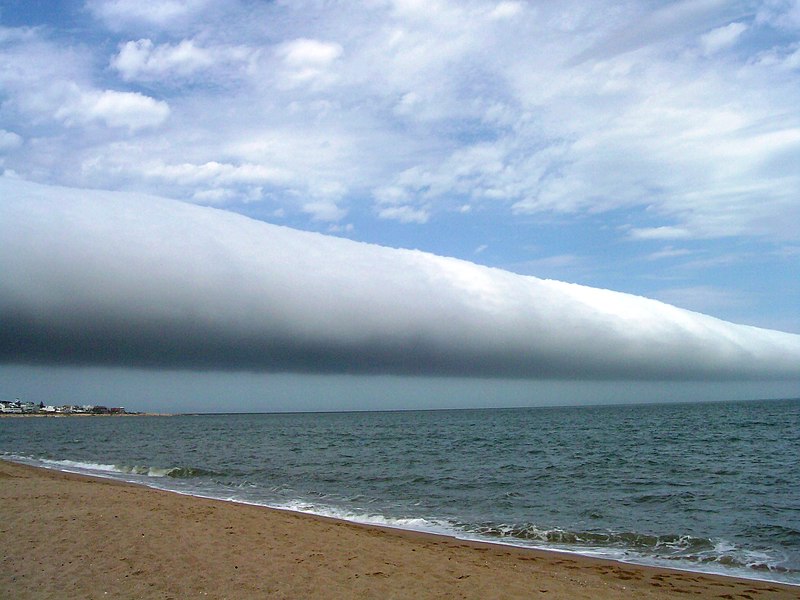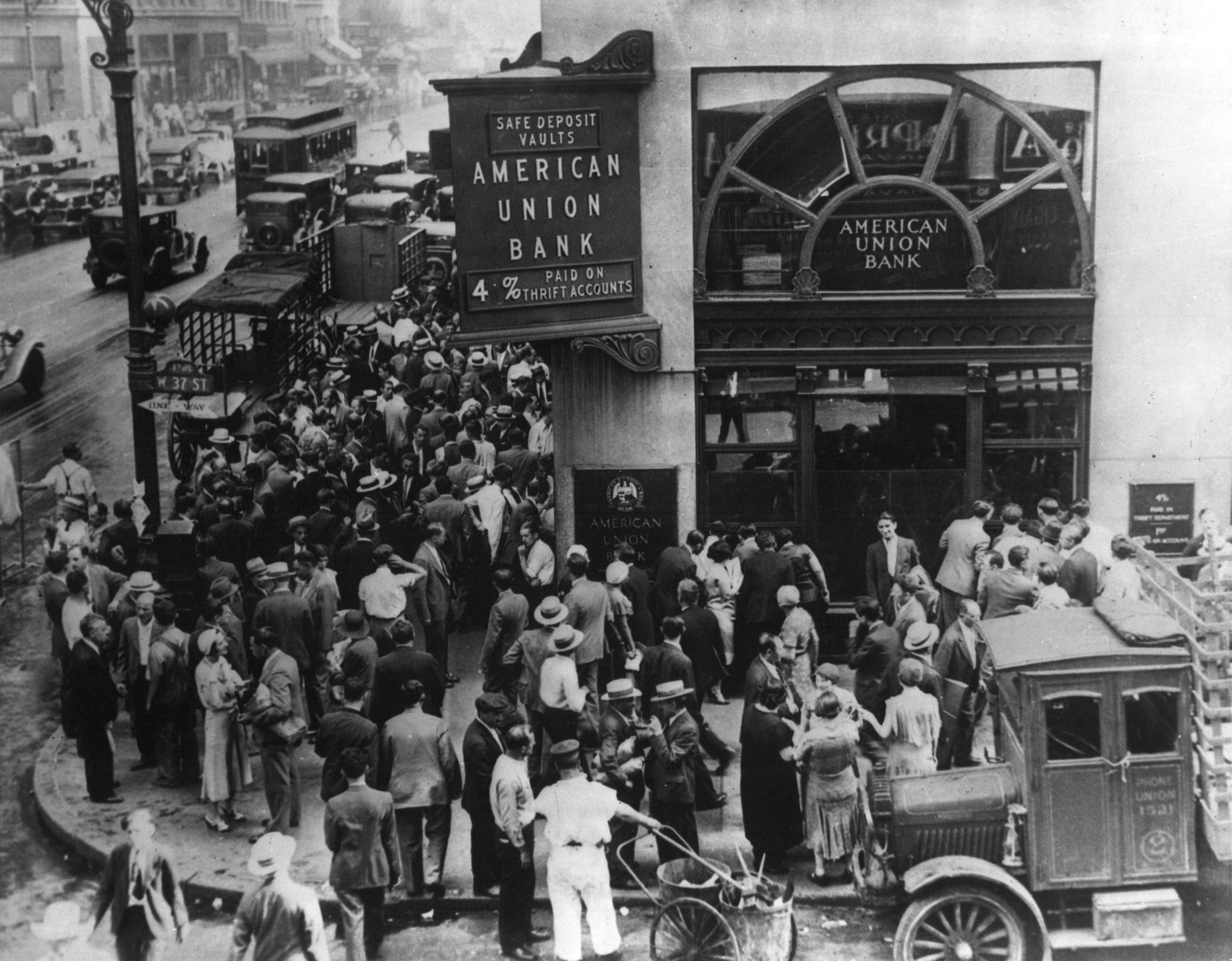Tom Clark: The New World and Trans/Versions: Libellum, 2009
I...Michael Lally
Poet and translator Vincent Katz's Libellum press is proof that fine book making is not only not dead but alive and dancing.The two latest publications from Libellum solidify the burgeoning reputation of the press as not only successful at creating fine books but at making available fine poetry.Poet Tom Clark has been the main contributor to the Vanitas blog and is the sole contributor to his own poetry blog—TOM CLARK/BEYOND THE PALE—which to my mind is the best strictly poetry blog (where you go to read poetry, not opinions about it) on the web.Now they've come together in the form of two books—THE NEW WORLD and TRANS/VERSIONS. 
The latter is what some folks call a "chapbook"—meaning it's a very slim volume with a "saddle stitched" binding (meaning the pages are held together by two staples in the center of the middle two-page spread over which the pages are folded) and contains seven poems based on or translated from poems from other languages, including from the French (Baudelaire, Rimbaud, Mallarme and Reverdy), Spanish (two poems by Vallejo) and German (Brecht).
They are delightfully insightful into the original intent, I believe, of the poets and of Clark's capacity for a kind of wisdom that few poets ever attain but most seem to always be writing as if they have. But Clark rarely if ever comes across as the sage, more like the older version of the guy who first made his mark as a humorous but brash young poet of the late 1960s and early '70s whose work fairly jumped off the page with the vitality of those times.
(Here's the last three lines from "Vallejo: The Vedic Fiber"—"What hasn't yet come along won't, but/what's already come and gone,/but what's already come and gone.")

I first learned of Clark as the poetry editor of The Paris Review who replaced the outdated stolid seriousness of poems based on what seemed by then ancient rhythms and/or self-serious ponderance with lighthearted, witty, and often close to incomprehensible experiments with language and subject matter that matched the musical soundtrack of those years.
He introduced us all to poets and styles that were what a lot of us had been trying to do ourselves or had at least been looking for and hoping others would discover and share, and there they all were, or a lot of them, in the poetry published in The Paris Review in those years.
Now, through his poetry blog BEYOND THE PALE he has become the sage our age needs (I mean "our age" as both these times and his and my actual years alive) and these two books demonstrate that for me. They still have a kind of ease with language that makes a lot of his lines seem conversational and simple, sometimes to the point of seeming obviousness, but then, there'll be that little or not so little turning on-a-dime that transforms what seemed simple and perhaps a given into something so much more subtle and graceful in ways only poetry seems capable of.
The poems in THE NEW WORLD capture that well, especially the ones that are more narrative, little stories about the people he encounters on his rounds in what I take as Berkeley, encounters that reveal the humanity in us all as well as the contradictions and challenges of accepting that. These poems in particular work as mini-movies for me, developing characters through close observation of their interactions and a story line that adheres to reality but nonetheless has an arc of narrative drive that satisfies.
They're too long to quote any in full (only a page or so but still) so here's a complete section (#4 titled "Flash Player 2008") from a different kind of narrative poem, the serial poem "A Retrospect" that opens the book (right after the earlier black-and-white family photo above that compliments the color one on the cover):
Strange to turn to old ghosts, watch ourselves dissolve
In their eyes. They were not here to help us,
Merely to drag us back against our will
Into a dim becalmed past, then forward into
Occluded presents which yet feel too bright.

These two books are the kind of treasures many book and poetry lovers I know delight in, because they are satisfying simply as objects, let alone for the original and often profound gems that can be found inside them.
(excerpted from a review in Lally's Alley, 4/20/10)
_________________________________________________________________________________
II...John Latta
Tom Clark’s The New World (Libellum, 2009) is one of a recent blessèd onslaught of Clark books: there is, too, Trans/Versions (Libellum, 2009)—works “after” Baudelaire, Reverdy, Mallarmé, Rimbaud, Brecht, and Vallejo.
Took, d’abord, by the Trans/Versions, that insuperable splendid need to work (re-work) the textual “other,” to inhabit another, to fiddle—re-adjusting, gunning it a little—with the gears of the machine he (or she) assembled. Here’s Clark’s Rimbaud:
Tear (after Rimbaud)
Far from bird noise and lazy cattle and chatty girls
I knelt in a drowsy glade to drink
As the purple mist of the afternoon closed
In on the green growing things around the lake.
Was there something in the water there
Under those phantasmal mist-cloaked trees,
A golden liquor, barley colored, jewelled,
Under shrouded skies, that caused me to break out
In a strange feverish sweat? You could
Have made a Motel sign out of me I was so lit up,
With half the neon on the fritz
Spelling out VA*AN*Y into encroaching evening.
Then storm changed the sky: dark nations,
Poles, columns, shelves and terminals of cloud
Blown in a vast wave across the blue night.
The stream escaped away through the woods
To white sands. A sharp wind came up.
Sheets of isinglass spilled across the lake. To think
That intent as a searcher after Eldorado or a pearl
I persisted still in stooping to imbibe!
Two mimick-moments: “closed / In on the green growing things” and “break out / In a strange feverish sweat?” That WilliamCarlosWilliamsian (thank you, Frank) “VA*AN*Y” spritzing its fritz’d solenoids like soda! The perfect foreboding of “dark nations” of cloud is akin somehow to the tawdry manufactory’d “Sheets of isinglass” (the “new world” inimical to even common natural phenomena). Here’s Rimbaud’s 1872 original (though apparently a somewhat lopped off version accompany’d the Alchimie du verbe prose of Une Saison en Enfer):
Larme
Loin des oiseaux, des troupeaux, des villageoises,
Je buvais, accroupi dans quelque bruyère
Entourée de tendres bois de noisetiers,
Par un brouillard d’après-midi tiède et vert.
Que pouvais-je boire dans cette jeune Oise,
Ormeaux sans voix, gazon sans fleurs, ciel couvert.
Que tirais-je à la gourde de colocase?
Quelque liqueur d’or, fade et qui fait suer.
Tel, j’eusse été mauvaise enseigne d’auberge.
Puis l’orage changea le ciel, jusqu’au soir.
Ce furent des pays noirs, des lacs, des perches,
Des colonnades sous la nuit bleue, des gares.
L’eau des bois se perdait sur des sables vierges.
Le vent, du ciel, jetait des glaçons aux mares . . .
Or! tel qu’un pêcheur d’or ou de coquillages,
Dire que je n’ai pas eu souci de boire!
In Wyatt Mason’s fleet translation:
Tear
Far from birds, herds, and village girls,
I drank, crouched on a heath, surrounded
By hazelnut trees and
Warm green afternoon mist.
What was in this infant Oise I drank?
Voiceless elms, flowerless grass, cloudy sky?
What was in this colocasian gourd?
Its dull golden liquor makes me sweat.
As it was, I would have made a miserable tavern sign.
Storms kept changing the sky until nightfall.
These were dark lands, lakes, and poles,
Colonnades beneath the blue night, harbors.
Water from woods disappeared in virgin sands.
Wind from the heavens tossed ice onto ponds . . .
As if that would stop me from wanting a drink,
Like a panner for gold or diver for shells!
In larme, literally “tear,” a sense, too, of the faux-modest drinker’s “drop” or “splash,” un tout petit peu (not meaning it). Clark’s Rimbaud is one of particulars (see, “chatty girls” fleshing out villageoises, or the lovely “golden liquor, barley colored, jewelled” for the straightforward liqueur d’or, fade.) And, supremely, see how mauvaise enseigne d’auberge expands to fill Clark’s whole third stanza, becoming a miniature of Clark’s sense of things, self and the “dark nation” both: “lit up,” and “on the fritz,” with the end of something “encroaching.” (One thinks of the plaice, the flatfish that turns colors dying.) That “VA*AN*Y” “reads,” beyond the hosteller’s usual “VACANCY,” as an unletter’d Johnsonian “VANITY,” what flourishes amidst our human, too human wishes.
In The New World: aging (“time now opens up its eyes, / Yawns, stretches, struggles in dark to discover / Where it is among whirling things, places, years”); “the fading vestiges of the American dream”; the “Persistence of Memory” (“The not remembering / Is not so bad, it’s the resurgence of not / Forgetting that ruins everything”); childhood’s way of returning unbid (or through music—“Is That All There Is? Peggy Lee sounded / Justifiably disappointed. Fever / Kindled in me such heat that, after hearing / It in the back of a convertible en / Route to a softball game in La Grange, or some / Such western outpost, my suppressed and / Unacknowledged passion for unsuspecting / Fourteen-year-old Jan D. so distracted / Me that, playing first base, I lost a popup / in the lights . . .”); loss of friends and cohort (Philip Whalen, Robert Duncan). The terrific final piece:
Here
To one about to leave it, how beautiful and large
And familiar—as the old saying goes
Almost like home. And yet, the almost sticks
In one’s throat, just as one was leaving,
Why was it never better or more? What was
The real thing one expected? Always somewhere
Else and never here? And where do those
Winding roads go, and what’s around the next bend
And can this really be the end?
Never thought to skywalk, had doubts
That got in the way of transcending self
With its dumb momentary occupations,
Timidly and confusedly entered caves
To find the firelight on the wall dimly signifying,
Felt awkward with the ins and outs of thought,
Cheered inwardly oft for little reason,
Was shy of others, never to draw near
Yet longed for some company to be found
Down the line, can’t recall now where, in the end
Hoped only one day to find feet planted firmly
On this ground, wanted only to be here.
Affirmatory against an omnipotency of odds. (I note a lovely rhyme between “the almost sticks / In one’s throat,” and yesterday’s line in William Fuller’s “Reply to Experience”: “in that small excess of ‘almost’ clouds appear.”) I love the acknowledgment in “our” era of rampant selfishness (and its self-serving multiples) of the commonest self, the one of “dumb momentary occupations.” Sense of a sloughing off of all “display”: how refreshing.

(excerpted from a review in Isola da Rifiuti, 4/21/10)
Lightning over Eyjafjallajokull, Sunday 18 April: photo by Olivier Vandeginste, 2010
Tom, Juliet and Angelica Clark: photo by Gerard Malanga, 1970
Angelica and Tom Clark: photo by Juliet Clark, 2009
Tom Clark: photo by Mark Gould, 2005
Roll cloud, Las Olas Beach, Punta del Este, Uruguay: photo by Daniela Mirner Eberl, 2009



